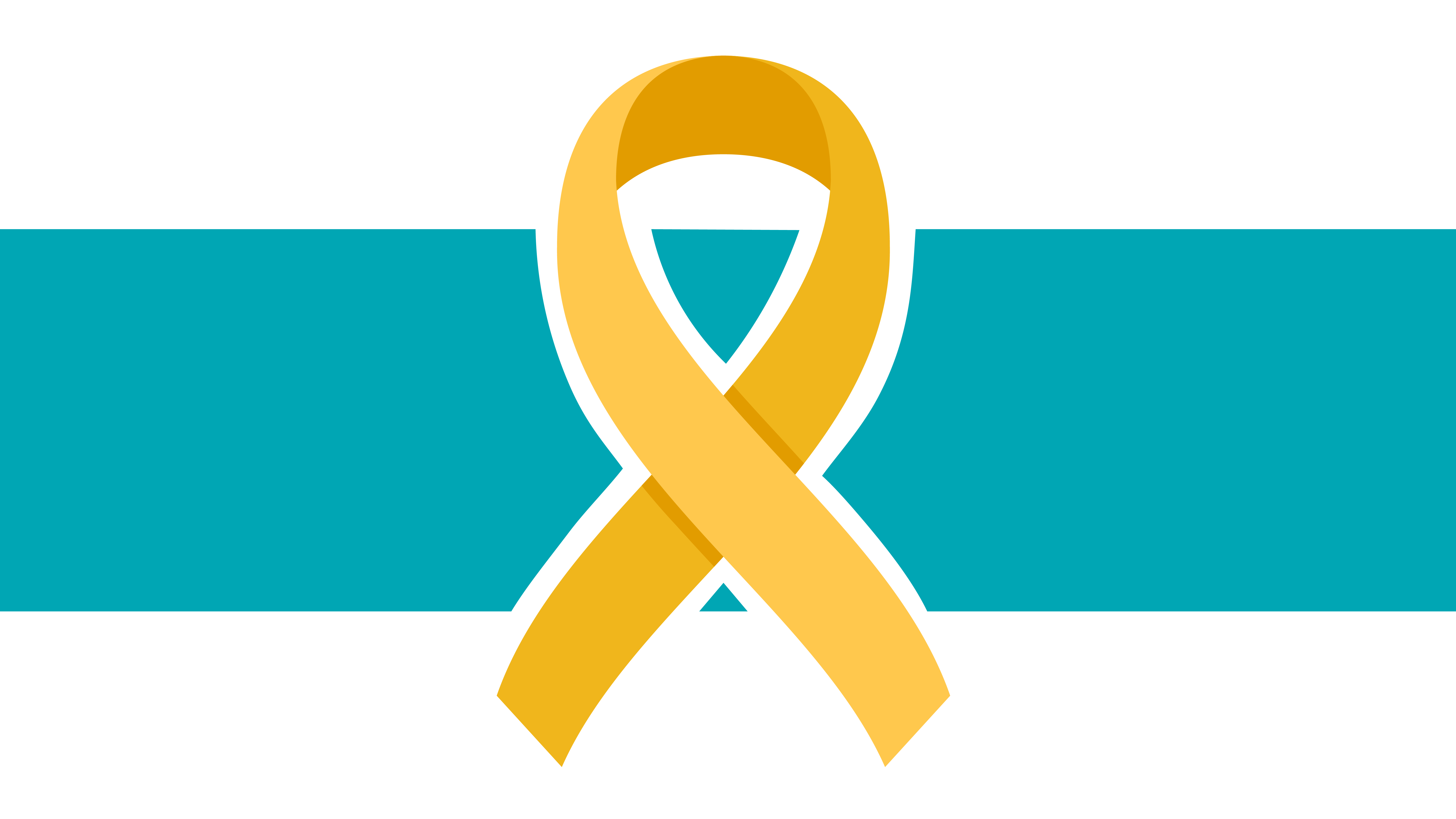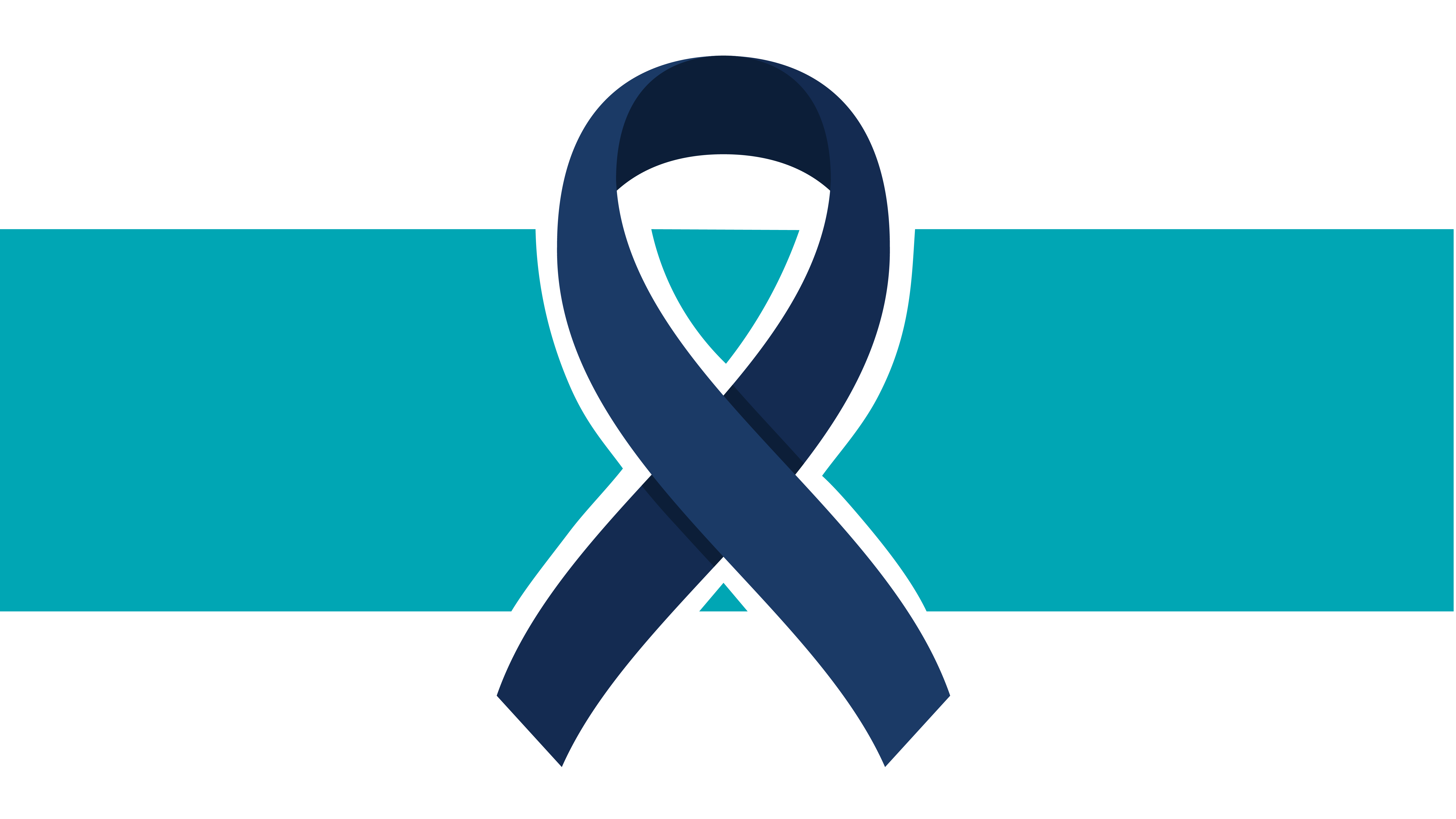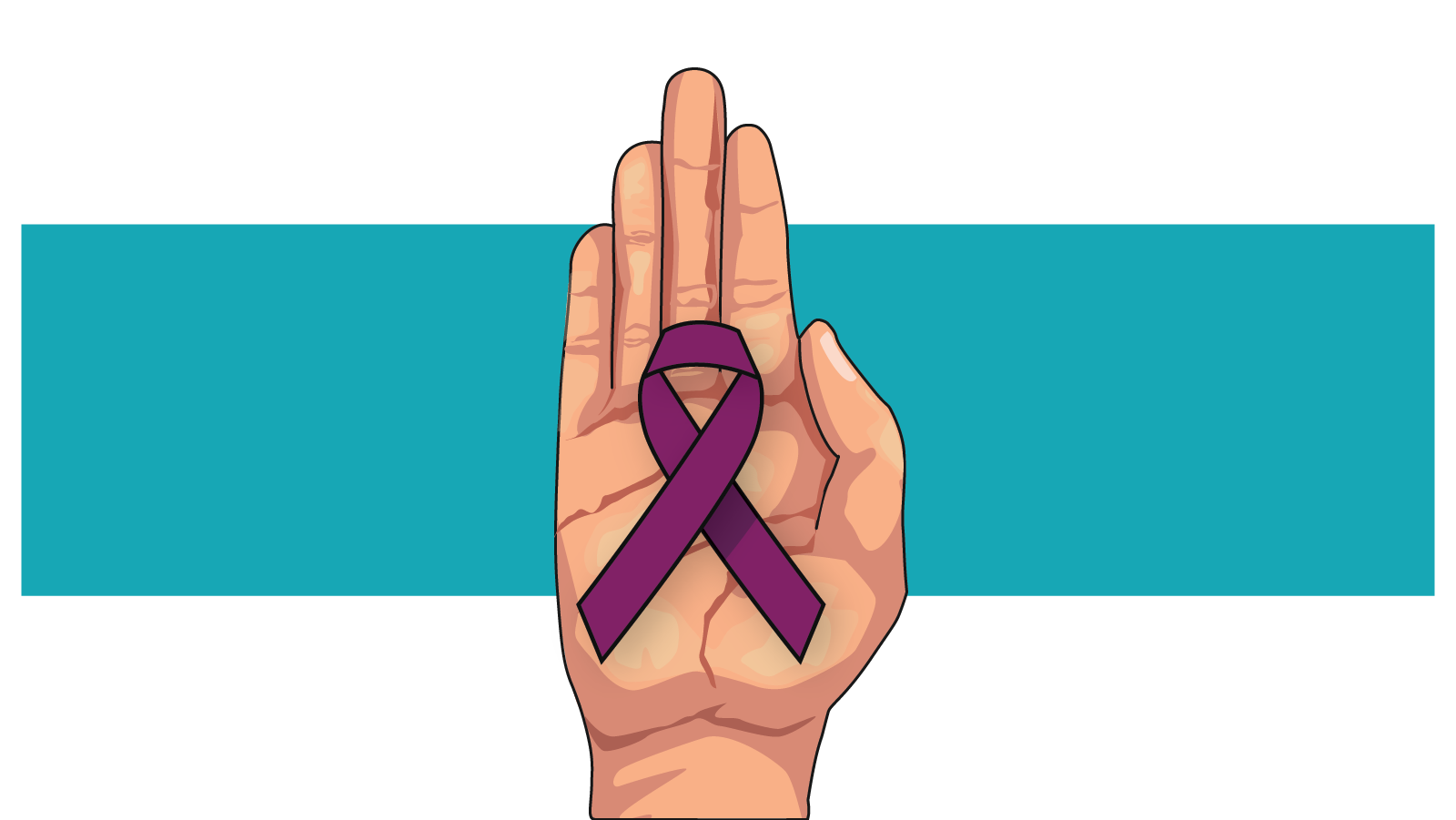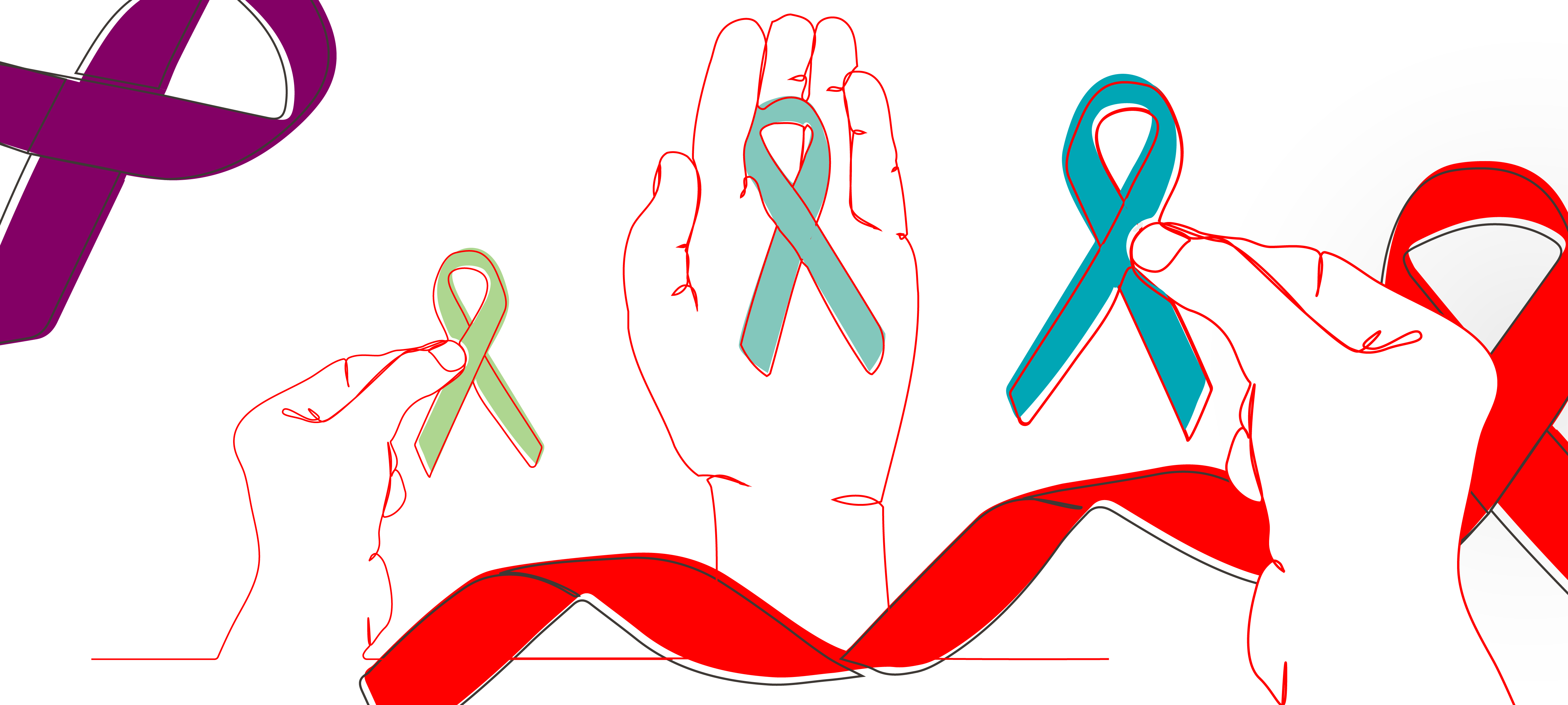1 min read
The Importance of Early Skin Cancer Detection and Treatment
Healthcare Highways : Apr 22, 2024

Skin cancer poses a significant challenge, impacting millions worldwide annually. According to the Skin Cancer Foundation, one in five Americans will develop skin cancer by the age of 70. Early detection and treatment are highlighted during Skin Cancer Month.
Skin cancer, like many cancers, can be sneaky. It often develops slowly, lurking beneath the surface of the skin until it's too late. But armed with knowledge and awareness, we can catch it before it spreads.
Regular skin checks are key. Take the time to examine your skin, paying close attention to any changes in moles, freckles, or spots. Look for irregularities in size, shape, color, or texture. If something looks suspicious, don't hesitate to seek medical advice.
Early detection opens doors to a world of treatment possibilities. From simple procedures to more advanced therapies, there's a ray of hope for every skin cancer diagnosis. Dermatologists wield an arsenal of tools to combat this disease, from surgical excision to targeted therapies and immunotherapies.
But prevention is just as crucial as detection. Protect your skin from the sun's harmful rays by wearing sunscreen, seeking shade, and wearing protective clothing. Avoid indoor tanning beds, which can significantly increase your risk of developing skin cancer.
Skin Cancer Awareness Month serves as a reminder that knowledge is power. By arming ourselves with information and taking proactive steps to care for our skin, we can illuminate a path to a brighter, healthier future.
By regularly visiting a dermatologist within your Healthcare Highways network, you can ensure that you stay proactive with your routine skin examinations.
Sources:

From Awareness to Action: Colorectal Cancer Month Advocacy
Colorectal cancer is a prevalent and potentially life-threatening condition that affects the colon or rectum. It is the third most common cancer...


